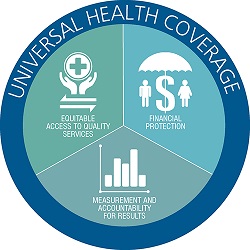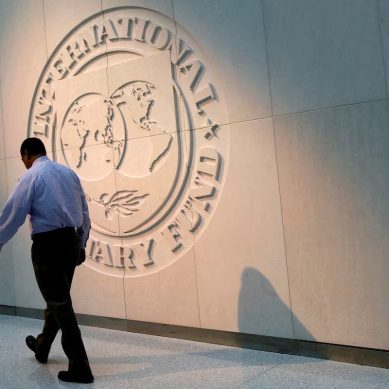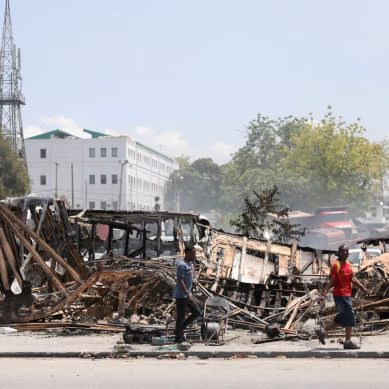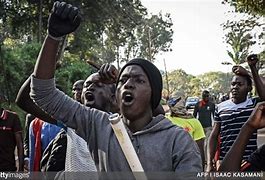
African countries that announced universal health coverage are set for review of the programmes following formation of an independent commission by the African Medical Research Foundation (Amref).
African countries, with the weakest health infrastructure in the world, have committed to universal healthcare by 2030 in line with United Nation’s Sustainable Development Goals initiative.
The team to be known as the Africa Health Agenda International Conference (AHAIC) Commission on the state of UHC in Africa will, in addition to reviewing the continent’s progress, make recommendations on leadership, accountability, technology, innovation and health security, to help guide the continent towards achieving UHC targets.
Eleven commissioners have been selected from a range of disciplines and sectors across Africa to deliver the verdict that will also be an assessment the variance between political rhetoric and human development agenda.
The commissioners are global experts and thought leaders that are expected to provide valuable guidance, engage with key stakeholders and collate data to provide an accurate overview of African nations’ collective advancement towards UHC.
In a statement, Amref said, “The commissioners will also spotlight pressing challenges faced by different countries and work closely with governments, policy shapers and implementation teams to navigate them effectively for the delivery of health services to all.”
AHAIC Commission’s immediate focus will be the production of a state of UHC in Africa report.
The report will provide a detailed account of steps taken by African governments to achieve UHC in their countries, reflecting on successes, barriers and lessons learned on the journey towards providing equitable access, quality healthcare and financial protection as envisioned within an African context.
The findings of the report will be delivered at the fourth edition of the Amref-sponsored AHAIC Conference, which will be held from March 8-10, 2021.
‘‘The commissioners have a big task ahead of them. With only three months to the AHAIC conference, they will be working with a multi-stakeholder team and employing various research methodologies to develop and deliver a comprehensive report that will inform subsequent UHC discussions in Africa. The report will serve as a reliable roadmap and reference point on progress made so far, as viewed through an African lens,’’ Global CEO, Amref Health Africa and Co-Chair of UHC 2030 Steering Committee, says Dr Githinji Gitahi.
Dr Gitahi notes, ‘‘The selection committee has assembled a youth- and gender-inclusive commission that reflects the rich diversity of the continent and brings together experienced, versatile and respected global health experts from across Africa.’’
The team will be co-chaired Solange Hakiba (Rwanda), has background in working with various donor agencies that included, DFID, the Global Fund to fight AIDS, Tuberculosis and Malaria and Bill & Melinda Gates Foundation.
Former director of Kenya Medical Research Institute (KEMRI)-Wellcome Trust Research Programme in and head of the programme’s health economics unit, Prof Edwine Barasa is the other co-chair.
The other members of the commission are Ama Pokuaa Fenny of Ghana), Foyeth Kamdem Eugène Lebrun (Cameroon), Prof Francis Omaswa (Uganda), Gerald Manthalu (Malawi), Dr Karim Bendhaou (Tunisia), Dr Lola Dare (Nigeria), Dr Onisoa Rindra Ralidera (Madagascar), Prof Shabir Moosa (South Africa), Dr Shakira Choonara (South Africa).
The AHAIC 2019 resolution to achieve health targets through increasing access to health services and improving effective delivery of quality health services.
The review will also establish mechanisms to guarantee adequate and sustainable public-led financing and strengthening people-led accountability to safeguard transparency and efficiency at all levels.
“African countries’ commitment to the attainment of UHC must be followed by action, reflection, and more action. Progress will fundamentally hinge on genuine and sustained political action. This commission intends to help us all reflect on Africa’s UHC progress, successes and challenges, and articulate areas of action to accelerate progress,’’ says Prof Barasa.
– A Tell report











